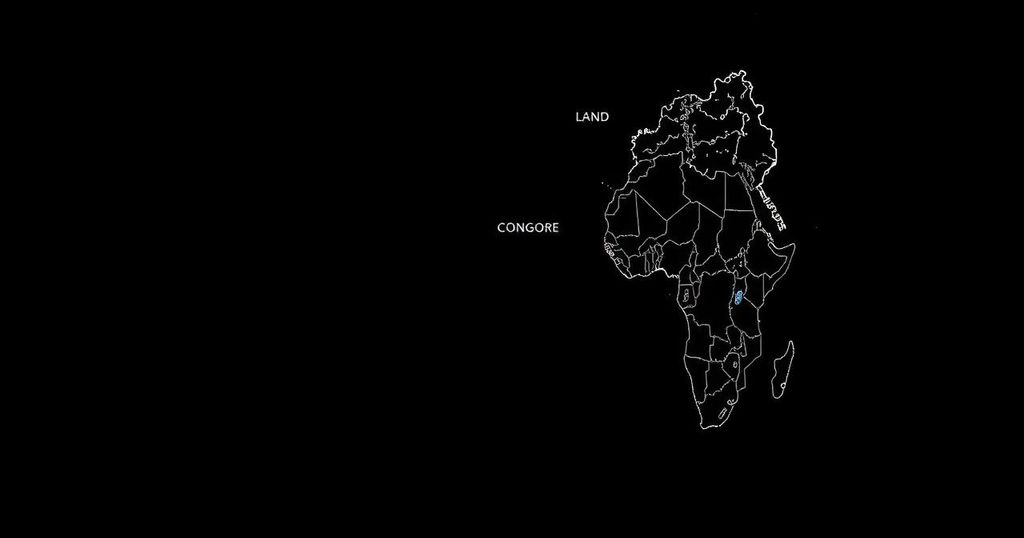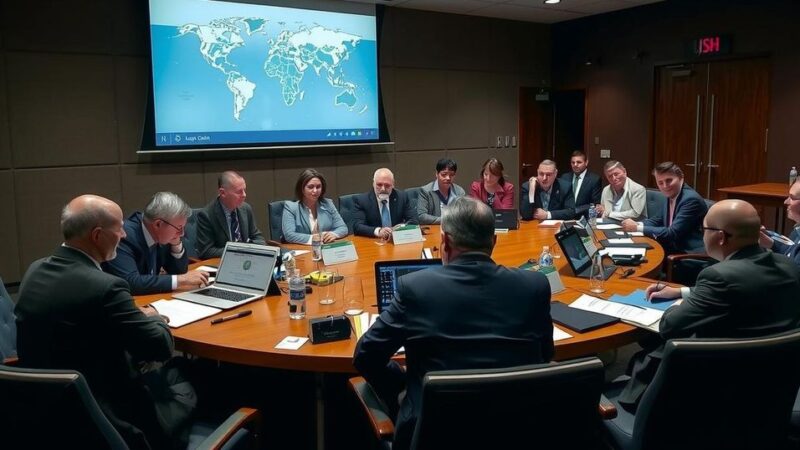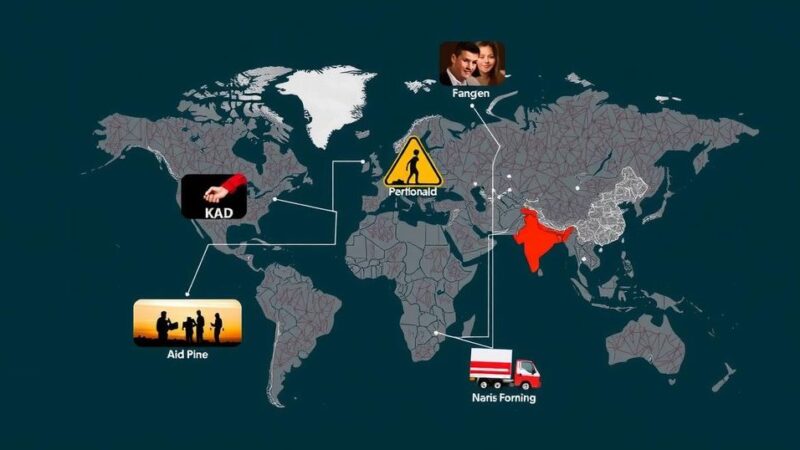Years of conflict in eastern Congo have resulted in a severe mental health crisis, with reported cases of anxiety, depression, and suicidal ideation skyrocketing among the displaced population. Despite a significant increase in people seeking help, mental health services remain critically underfunded and insufficient to meet the needs of the affected individuals. Aid organizations are working to provide support, yet the pervasive stigma surrounding mental health complicates access to care.
The ongoing conflict in eastern Congo has culminated in a severe mental health crisis, exacerbated by years of violence and instability. The region has witnessed a dramatic increase in individuals seeking mental health support, with aid organizations reporting a more than 200% rise in the number of people receiving psychosocial care in displacement camps around Goma from January to June compared to the previous year. Nelly Shukuru, a 51-year-old mother of six, exemplifies the harrowing situation faced by many. After fleeing her home due to violence, she contemplated suicide, feeling trapped by the dire conditions in the camp where she and her family reside. As clashes between government forces and rebel groups like M23 erupt, the challenges faced by displaced individuals multiply. Reports indicate that over 600,000 people are living in precarious conditions that jeopardize their mental well-being. Psychologists have observed a growing prevalence of anxiety, depression, and post-traumatic stress disorder, with cases of suicidal ideation increasing dramatically from a handful per month at the beginning of the year to over 120 in recent months. Despite the escalating need, mental health support remains scarce, with less than 30% of requested funding for mental health services secured by the United Nations’ humanitarian response plan. Survivors of violent incidents, including sexual assault, face additional trauma, as the presence of armed men in and around the camps heightens feelings of vulnerability. Community training programs aimed at identifying individuals in need of support have been initiated, but stigma surrounding mental health continues to deter many from seeking assistance. Efforts by organizations such as War Child are focusing on helping children cope with their traumatic experiences through play and creative expression, while clinics run by organizations like Doctors Without Borders provide crucial mental health services. The lack of security and adequate funding, however, hinders comprehensive support for those suffering in a region long plagued by conflict.
The Democratic Republic of the Congo has faced ongoing armed conflict, particularly in the eastern region, where numerous militia groups compete for control. This long-standing violence has caused widespread displacement, leading to severe humanitarian crises, including a lack of basic services and mental health support. Many individuals living in displacement camps experience high levels of trauma and psychological distress, exacerbated by unstable living conditions and continuous fear of violence. Aid organizations are observing increasing numbers of individuals experiencing mental health issues, yet they struggle to access funding and resources to provide necessary care, highlighting a significant gap in international response to the ongoing crisis in Congo.
In conclusion, the mental health crisis in eastern Congo is a direct consequence of prolonged conflict and instability. With increasing numbers of individuals seeking care and a dramatic rise in reported mental health issues, it is imperative to address the acute need for mental health services. However, inadequate funding and support hinder effective intervention. Continued efforts to raise awareness and secure necessary resources are essential to alleviate the suffering of those affected and to promote recovery in a region grappling with the consequences of war.
Original Source: apnews.com






